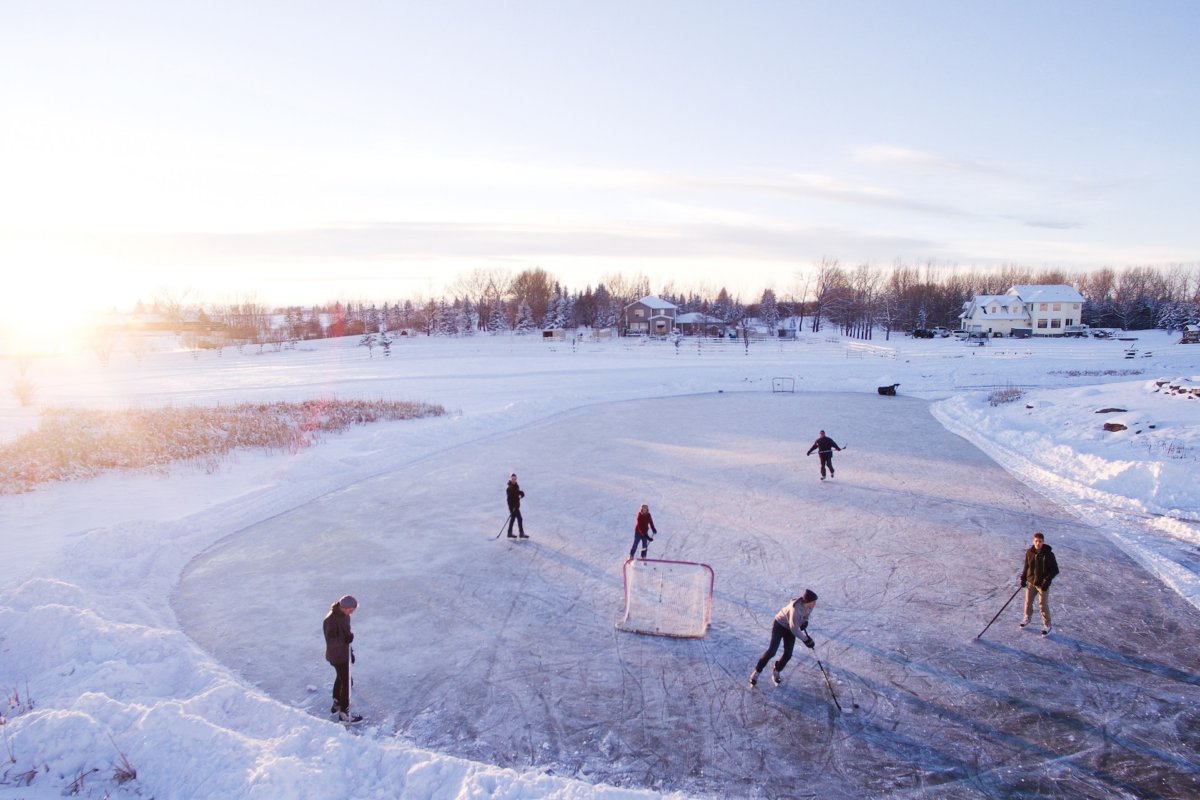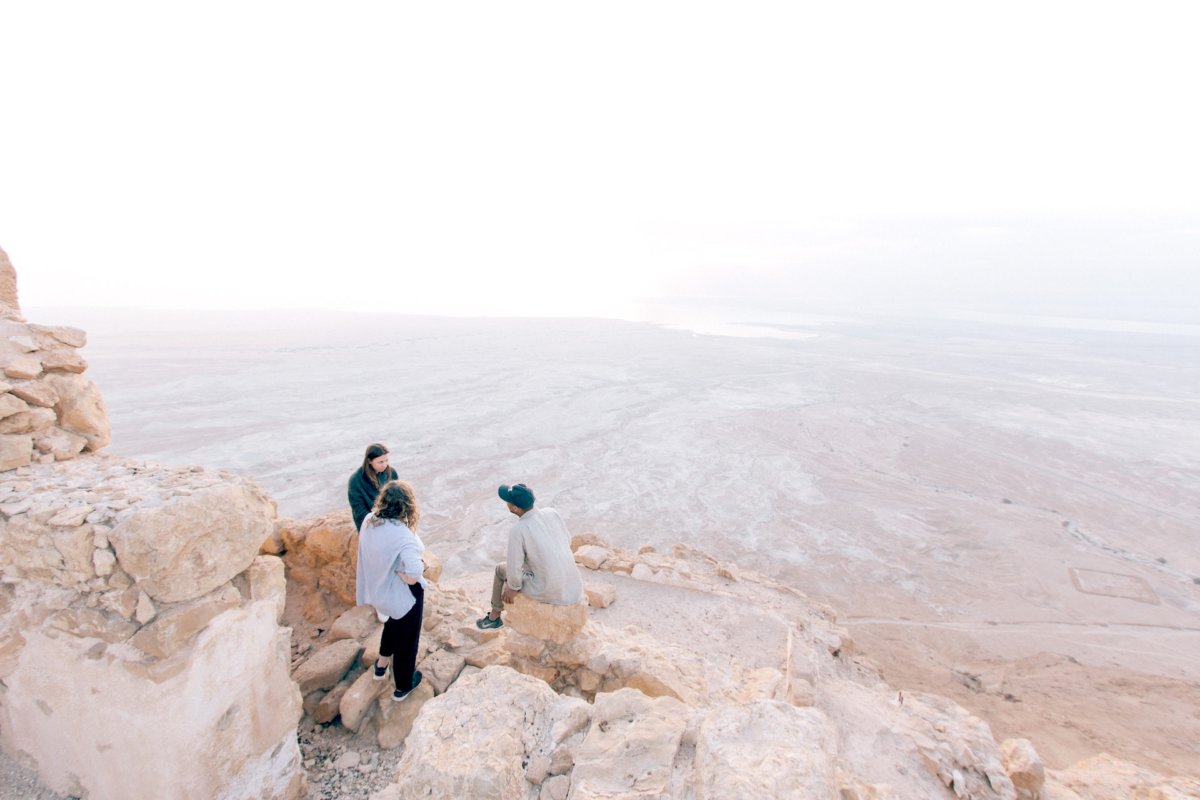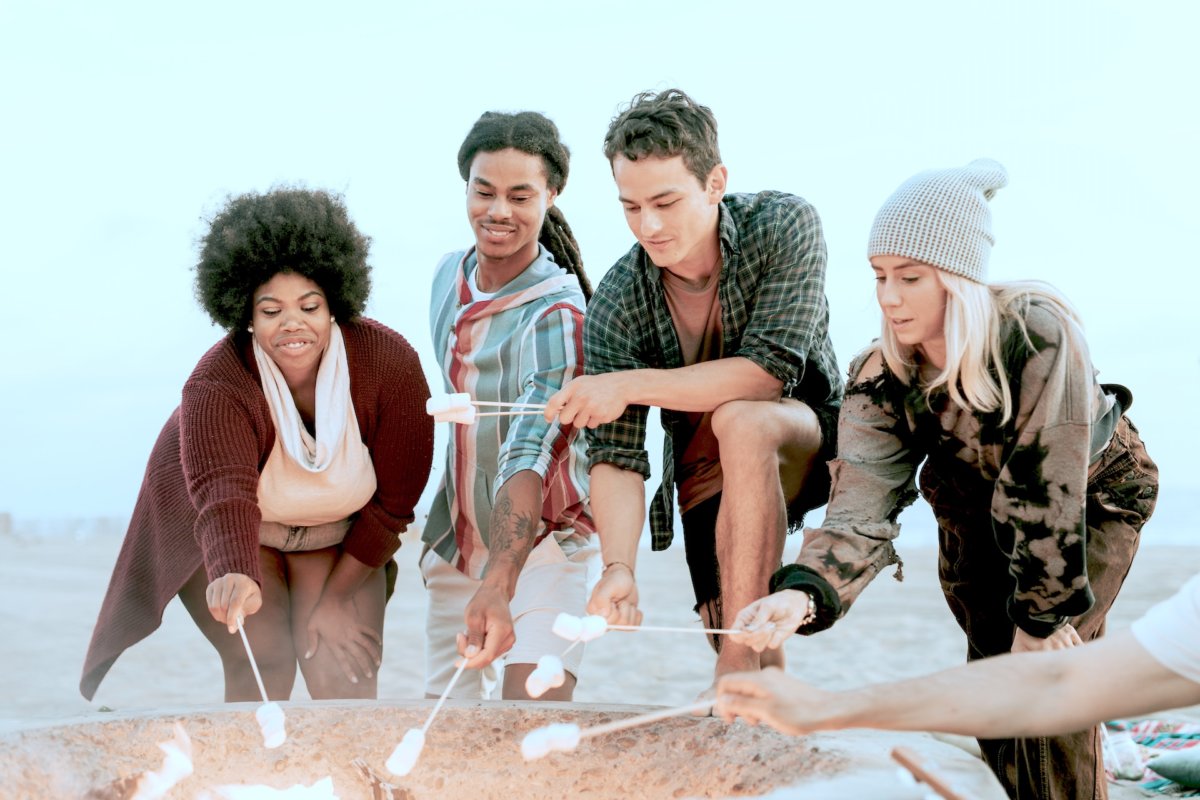What makes a true friendship? This is a question many people have pondered. Unsurprisingly as we are social beings. Relationships are paramount to our survival and how we thrive. Research shows that a strong support network is a key to our wellbeing.
“A friendship that can end never really began” was the intriguing conversation starter Tasneem Kagalwalla posted on her FB page. It evoked many contemplations and varied viewpoints and even inspired a poem. It probably touched a chord for everyone as more than likely we’ve all had friendships that ended in ways we did not intend or desire. Perhaps more importantly we all have friendships we deeply value, or that is my wish for everyone.
This quote is one of the maxims Publilius Syrus (fl. 85 – 43 BC) is known for. You can find these in the 1856 collection called The Moral Sayings of Publilius Syrus. What preoccupies us has not changed much since then, sometime in the first century.

What Tasneem Kagalwalla prompted was an interesting discourse on the meaning of true friendship, which of course differs for all of us. People are complex beings with seeming contradictions. The conversation also reflects the various sayings Publilus Syrus offers on the subject of friends.
“Prosperity makes friends, adversity tries them.”
Some people in the conversation felt that as we evolve, some friendships fall away as they are no longer aligned with the people involved. Some friendships are birthed in fun and some are forged in the fires of life’s challenges. It is difficult to predict whether friendships will evolve alongside life events, new perspectives, and changing priorities. Perhaps true friendships have dormancy periods and are revived at some later time.
Calling people fair-weather friends may not be entirely fair. There are many reasons some people are emotionally unavailable. It is a high-stress world and we are not all well-resourced or tooled to deal in healthy and effective ways. We are not all trauma-sensitive educated and holding space comes with much practice.
We also must take responsibility for our own projections. While people may be unable to verbalize their discomfort, they can still feel it. We must honour their boundaries. In adversity, we may only have what Publilus Syrus names as “the shadows of friends.” That’s also because many of us unknowingly live from our shadows, of wounds and traumas unhealed and unintegrated and of radiance and love unexpressed. What we can do is create a safe space for honest dialoguing about our experiences.
“Count not him among your friends who will retail your privacies to the world.”
We have all probably told things to people we later regret. I’ve seen decades-long friendships dissolve because a friend did not report a spouse’s betrayal and yet consulted others for advice on how to proceed. Our ego is a fragile thing, if allowed to be the master. Our shame distorts our perception.
Some people trade on gossip to feel needed, belonging, and powerful. Gossip is like wild fire that can spread and reduce friendships to ashes. It does not feel good to have your private thoughts and challenges aired in the open. Feeling betrayed by those you care for is a deep pain and it waters seeds of self-doubt.
We may categorize these people as frenemies or this behaviour as passive aggressive. Poet David Whyte writes that “all friendships of any length are based on a continued, mutual forgiveness.” To forgive does not mean we ignore their actions, it is as David Whyte says “to assume a larger identity than the person who was first hurt.” To love someone is to accept them completely, while having a strong anchor in who we are on the highest level. Friendship as they say is a mirror for us to see who we are. We also bear witness to each other.

“Understand your friend’s character, but do not hate it. Be not blind to a friend’s faults, nor hate him for them.”
We cannot be everything to everyone at all times even in deeply rewarding and resilient friendships. There are friends we seek out for advice. Maybe you have a financial whiz of a friend or someone who knows the ins and outs of real estate to point you in the right direction. Then there are those who are grounded, gentle, and firm who are a good shoulder to cry on without being our enablers.
Are we like George who insists on keeping his worlds separate?
If Relationship George walks through that door, he will kill Independent George! A George divided against itself, cannot stand!
George Costanza, Seinfeld
Understanding what our friends are comfortable with or excel at is important. Otherwise we are harbouring delusions about them and our friendship. We must not judge or hate them for what we may perceive as failings. It is also essential to stay open, to our own and their evolution.
“The loss of a friend is the greatest of losses.”
A friend does not always come in human form and we can lose a true friendship for many reasons. The way I perceive it is that friendships may end because of a soul contract. They may end because they have served their function of being a foil to someone’s spiritual evolution, of awakening someone.
We may call those who understand us to an incredible depth and have the same energetic resonance “soul sisters”. For me, I see those who appear to create the most challenges in my life also of my soul group. We chose the constellation that makes our birthed reality – our bodies and personalities, our parents, our clan, and lineage, our friends, our attitude tribe, our “foes”, and everyone incarnating with us. And if we zoom out even more, we remember that we all come from Source. Nothing ever ends. It is an illusion that friendships end.
Perhaps we cannot always part as friends. We can always part with well wishes for other people. In any case, we can cherish the memories of the good times and integrate the lessons learned.
What is a true friendship?
I’m not sure we can arrive at a uniform blanket definition as we are all so different. According to the Enneagram, we have our own Basic Fears and Basic Desires according to the personality we have chosen to learn through. Depending on where we are on our evolutionary path, we can express such a variety and often confusing and contradicting behaviours. We thus attract different people and different friendships.
Perhaps instead of narrowing down the meaning of friendship or how someone is being a friend or not, we can look at how we show up for those around us, whether they hold special meaning or we meet them only in passing.
Are we able to shed our masks and be authentic and present in our encounters? Can we stop posturing, and drop all the strategies and techniques that shielded us?
Do we celebrate the successes of our friends as if they are own? Can we forgive ourselves as we do others?
Why are we judging certain behaviours? We are touched by fear or some sense of lack when we seek to judge, control, and box in. Caroline Myss teaches to boundary out the behaviour not the people.
We also all have asymmetrical privilege. Are we cognizant of this? Do we falter and make tone-deaf comments from time to time? Do we use our privilege to even the playing field?

If we only surround ourselves with people who have shared experiences or have similar values, we create larger echo chambers. By sitting at different tables, we open ourselves to experiences that can enrich our lives. This is how we build bridges, between ourselves and other people and between ourselves and the world at large.
I like the reminder from Ram Dass that we are walking each other home. He also said, “everybody you have ever loved is a part of the fabric of your being now.” How colourful and rich is your fabric?
Perhaps instead of spending energy and time to judge whether a friendship was authentic or not, we can focus on becoming better friends to ourselves and to show up more fully in the world. Even if a friendship does end, we are forever entangled and our connections continue on, reflected in the tapestry of our many ensouled experiences.

